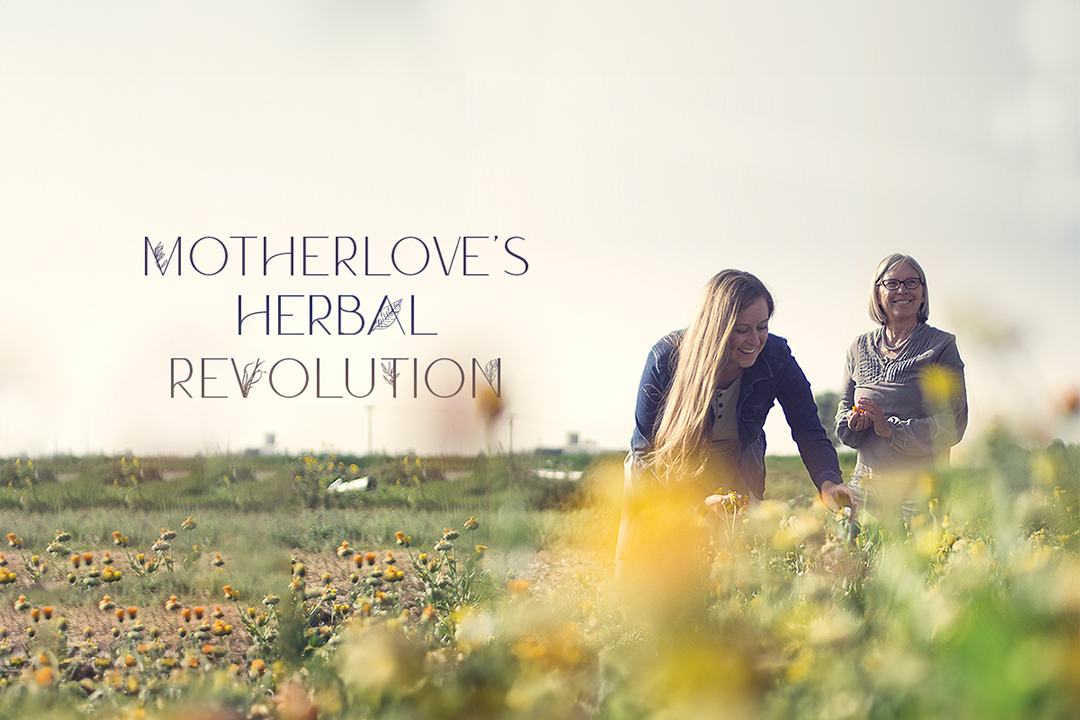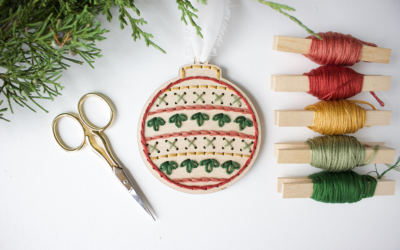Family-owned company supports pregnant and new moms with natural herbal remedies
Photos courtesy of Motherlove
If you said that Silencia Cox’s connection to the Fort Collins-based herbal company Motherlove could be described as umbilical, you wouldn’t be far off: Her impending birth nearly 40 years ago served as her mother’s inspiration for creating the business.
Now the CEO of Motherlove, Cox spent years working alongside her mother—nationally recognized herbalist Kathryn Higgins—by gathering plants near their property in Rist Canyon and in the family garden.
Higgins grew up surrounded by her family’s gardens near Rochester, Minn., and her interest in healing was influenced by three generations of a Mayo Clinic medical family.
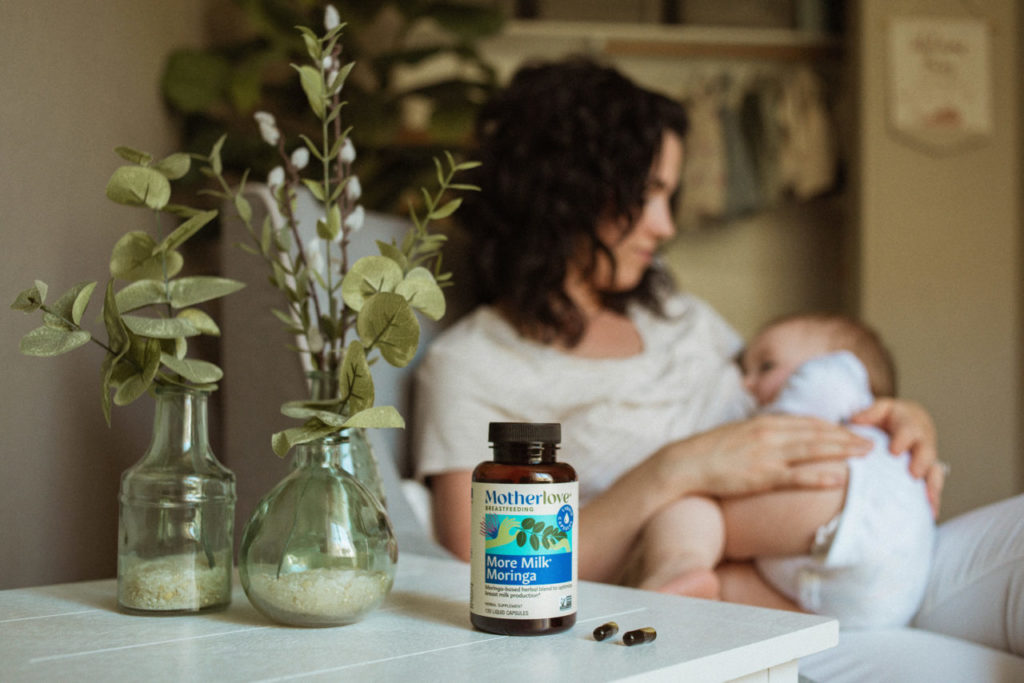
After moving to Colorado and becoming pregnant with Cox, Higgins began making natural, organic salves, oils and tinctures in her home kitchen because she couldn’t find herbal products to support her pregnancy and postpartum. In addition to sharing the products with family and friends, she taught classes on wild plant identification and educated others on their medicinal and edible uses.
A local food co-op asked Higgins to sell her products there, and when demand grew, she branched out to local stores and farmers markets. Her product focus was always on pregnancy and postpartum support, particularly breastfeeding.
“She stayed within that niche market to be close to our consumer demographic,” Cox says. Today, Motherlove’s products continue that legacy.
In 1992, Motherlove was picked up by Whole Foods Market’s original store in Austin, Texas, just as the organic foods industry began to explode. As Whole Foods grew, Motherlove expanded along with it. Today, the company occupies a 1,700 square foot facility in Fort Collins and distributes to 13,000 locations around the United States and in 20 countries.
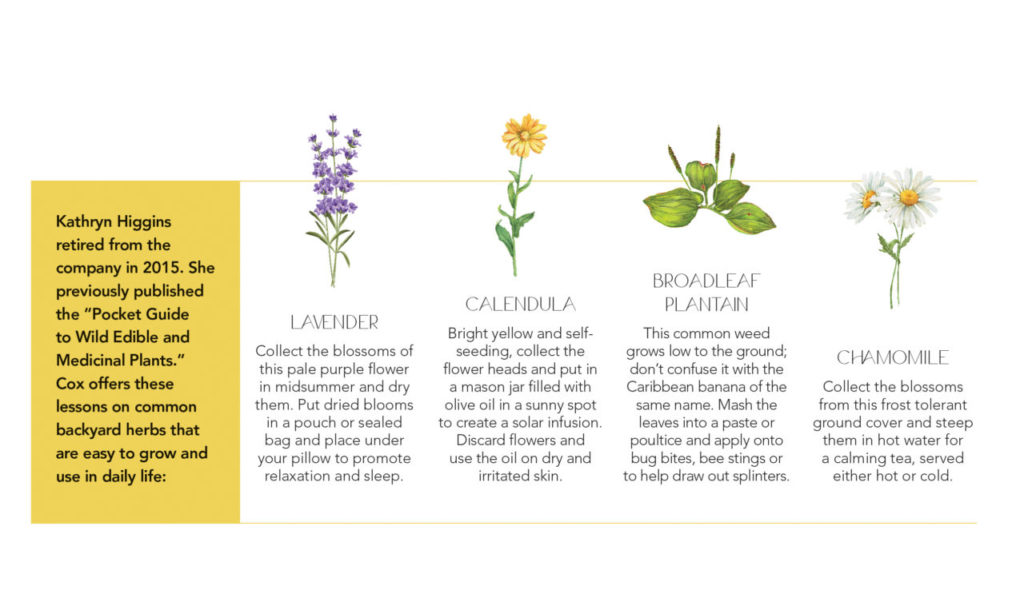
The oldest of three daughters, Cox joined the business in 2002, overseeing product creation, packaging and shipping, and sales. Her sister Jasmin had been Director of Operations but recently stepped away to focus on her first child. Higgins’ youngest, Zenna, is a mother of four, which keeps her busy.
“I always had a huge passion for plants, which I learned from my mother,” Cox says. “I love the business foundations and being able to provide organic, plant-based products in a community where I’ve spent my whole life. But being able to do it in an environmentally conscious way hit all my passions.”
Cox’s efforts expanded where Motherlove products are sold; in addition to Whole Foods Market and other natural grocers, the products can be found in hospitals, retail pharmacies and at Amazon. A year-long rebranding effort captures the company’s creation story, depicting a mother’s hand giving herbs to her daughter.
She says that progression is less about her and more about the company’s 22 employees, all team members who contribute in valuable ways.
“Motherlove is its own entity; the story is about my mother, but the growth was truly a group effort.”
Cox says the natural products industry has seen a huge shift in demand over the last 20 years, with consumers looking for certified organic products.
“Healthcare practitioners created awareness, but a pregnant or breastfeeding mom is a hyper-focused consumer. They especially gravitate to those kinds of products.”
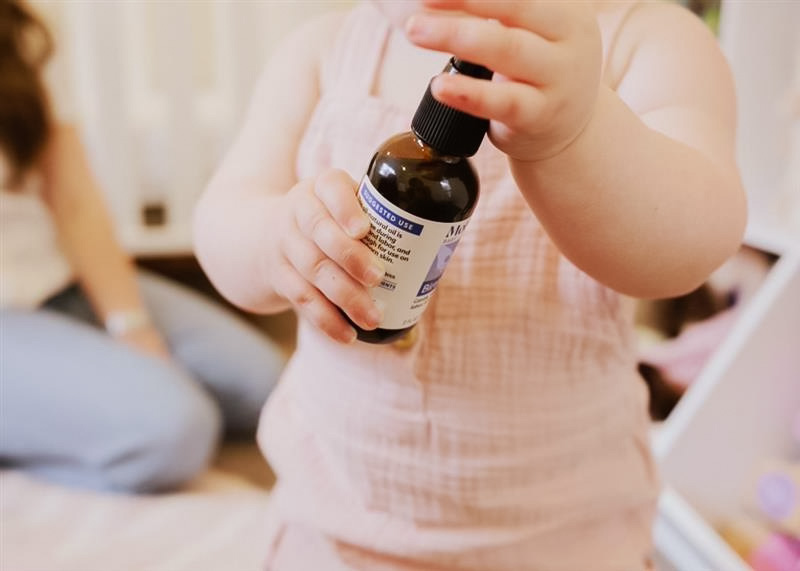
While consumer and healthcare professional feedback for what’s available in the marketplace helps with improvements, Cox says many of the product formulations have remained the same for over 20 years.
These days, herbs are no longer grown on the family’s Rist Canyon property. Motherlove purchases certified organic herbs from all over the country. The USDA Certified Organic label requires USDA inspections; they are also regulated according to Current Good Manufacturing Practice, so production must meet quality standards set by the Food and Drug Administration.
Cox highlights two best sellers: USDA certified organic nipple cream to address soreness, chapping and cracking caused by nursing, and an herbal supplement to boost milk supply.
Breastfeeding rates are at an alltime high, Cox says, with 83 percent of women initiating it in this country. To compare, only 25 percent initiated the practice in the mid-70s.
Cox thinks the increased rate is in part because there is more public support for it, including acceptance for nursing in public and businesses making concessions for working mothers who are nursing.
In spite of the seemingly natural aspect of nursing—homo sapiens have been breastfeeding for millions of years—it’s challenging to do.
Obstacles can include pain from nipple soreness, difficulty teaching the baby to latch properly and low milk supply. That can occur for a variety of reasons—nursing is tied to supply and demand, so if a baby isn’t nursing enough, a woman’s body doesn’t make more milk. Returning to work or switching from breastfeeding to pumping can also change supply and cause struggles, she says.
“Busy lives create a lot to navigate, and babies may need to nurse every other hour,” Cox says. “Motherlove’s herbal supplement is one of the tools in our tool chest to boost milk supply.”
In addition to helping new moms achieve breastfeeding goals, the company’s mission is to connect motherhood to Mother Earth through herbal remedies.
Cox recently spearheaded Motherlove’s designation as a Certified B Corporation. The company qualified because of its commitment to environmental stewardship practices that include operating a zero-waste facility where waste is diverted through recycling, repurposing and composting. Sustainable packaging, water conservation, a carbon offset program and a solar-powered facility all serve to create a culture of wellness for humanity and the planet.
“Our roots come from gathering plants in the forest. As we grow, our priority is being a good environmental steward,” Cox says.
That, more than anything, aligns with Cox’s interest in making the world a little bit better place: “Doing business in a way that’s better for employees and the community—the integrity of doing the right thing—the fundamentals are supporting the planet and the people on it.”
_____________________________________________
Emily Kemme is a Colorado freelance writer.


